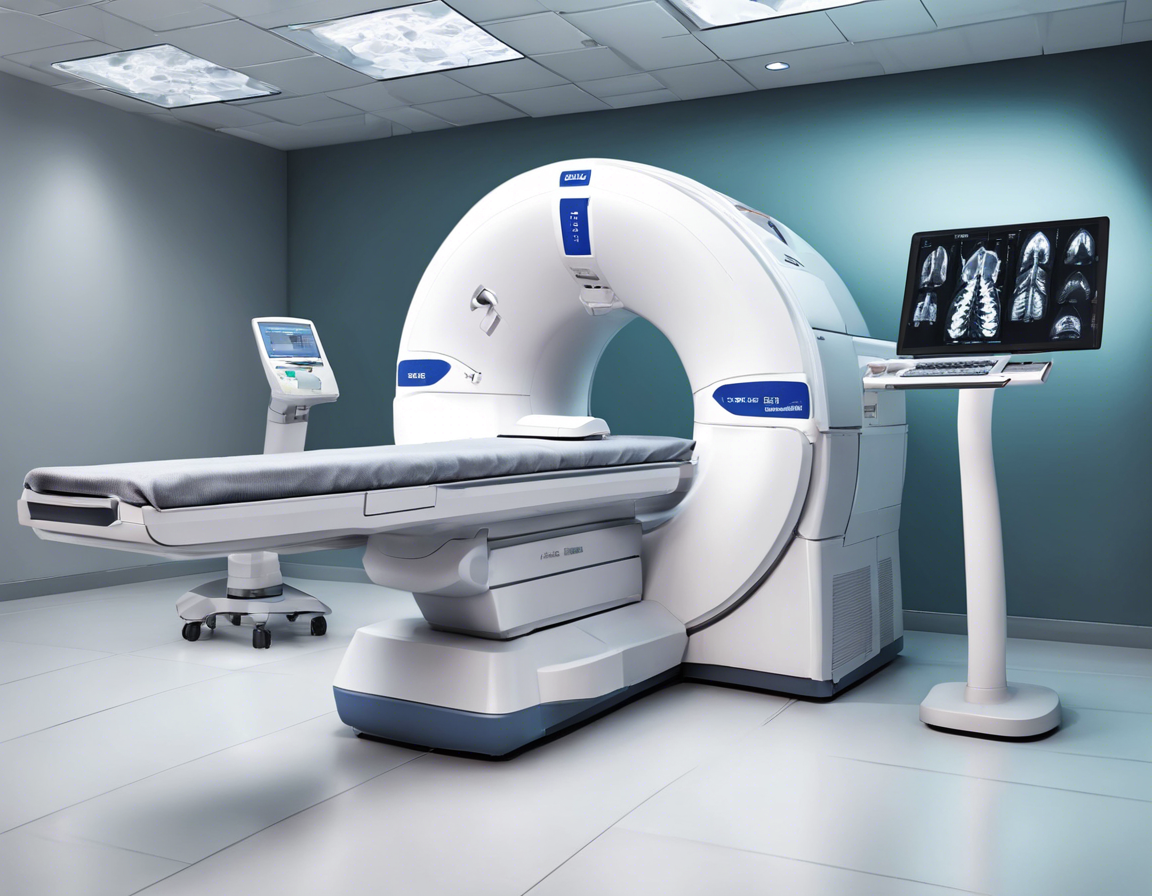Medical imaging plays a crucial role in diagnosing and treating various health conditions. Among the different types of imaging techniques available, computed tomography (CT) scans are one of the most commonly used tools for obtaining detailed images of the body’s internal structures. However, one common concern among patients is the cost associated with undergoing a CT scan. In this comprehensive guide, we will delve into the factors that determine the cost of a CT scan, average prices in different settings, ways to save on expenses, and other related information to help you better understand the financial aspects of this diagnostic procedure.
Factors Affecting the Cost of a CT Scan:
Several factors influence the overall cost of a CT scan, making it essential to consider each aspect before undergoing the procedure. Some of the key elements that can impact the pricing include:
1. Type of CT Scan:
- Different types of CT scans are used to visualize specific body parts or conditions, such as head CT scan, chest CT scan, abdominal CT scan, or whole-body CT scan. The complexity and extent of the scan required can influence the overall cost.
2. Imaging Facility:
- The location and type of imaging facility also play a crucial role in determining the cost. Hospital-based imaging centers may have higher fees compared to independent radiology centers or clinics.
3. Insurance Coverage:
- Health insurance coverage significantly impacts the out-of-pocket expenses for a CT scan. The amount you pay may vary based on your insurance plan, deductible, co-insurance, and copayments.
4. Additional Services:
- Additional services such as contrast dyes, radiologist fees, and image interpretation may add to the total cost of the CT scan.
5. Geographical Location:
- Prices for CT scans can vary based on the region or country where the procedure is performed. Urban areas or regions with a higher cost of living may have increased fees.
Average Cost of a CT Scan:
The cost of a CT scan can vary widely based on the factors mentioned above. On average, the price for a CT scan in the United States can range from $270 to $4,800 or more. Here is a breakdown of the average costs for different types of CT scans:
- Head CT Scan: $825 – $4,200
- Chest CT Scan: $300 – $6,750
- Abdominal CT Scan: $450 – $7,400
- Whole-Body CT Scan: $1,000 – $15,000
It’s important to note that these figures are approximate and can fluctuate based on individual circumstances and healthcare providers.
Ways to Save on CT Scan Costs:
Given the potential expenses associated with CT scans, it’s understandable that patients may seek ways to reduce the financial burden. Here are some strategies to help you save on CT scan costs:
1. Inquire About Cash Discounts:
- Some imaging centers offer cash discounts for patients who are willing to pay upfront for the scan.
2. Utilize Community Health Centers:
- Community health centers or non-profit clinics may provide CT scans at a lower cost, especially for individuals with limited financial resources.
3. Check for Out-of-Network Options:
- In some cases, undergoing a CT scan at an out-of-network facility may be more cost-effective, especially if the provider offers competitive pricing.
4. Negotiate with Providers:
- Don’t hesitate to negotiate the pricing with the imaging facility or discuss payment plans to manage expenses effectively.
5. Compare Prices:
- Obtain quotes from multiple providers to compare costs and potentially find a more affordable option without compromising on quality.
Frequently Asked Questions (FAQs) About CT Scan Costs:
Q1: Are CT scans covered by insurance?
A: In many cases, health insurance plans cover a portion of the cost for medically necessary CT scans. Patients should check with their insurance provider to understand coverage details.
Q2: Do CT scan prices vary between hospitals and independent imaging centers?
A: Yes, hospital-based imaging centers generally have higher costs for CT scans compared to independent radiology centers or clinics.
Q3: Can I request a cost estimate before undergoing a CT scan?
A: Yes, patients have the right to request a cost estimate from the imaging facility or healthcare provider to understand the financial implications of the procedure.
Q4: What if I cannot afford a CT scan?
A: Patients facing financial constraints can explore options such as financial assistance programs, payment plans, or seeking out lower-cost facilities for the scan.
Q5: Are there any governmental programs that can help cover the cost of CT scans?
A: Depending on eligibility, programs like Medicaid, Medicare, or state-sponsored healthcare assistance may help cover CT scan expenses for qualifying individuals.
In conclusion, understanding the factors influencing the cost of a CT scan and exploring ways to mitigate expenses can empower patients to make informed decisions about their healthcare. By being proactive in researching options, comparing prices, and discussing payment arrangements with providers, individuals can navigate the financial aspect of undergoing a CT scan more effectively. Remember to consult with your healthcare provider and insurance company for personalized information regarding CT scan costs and coverage.
